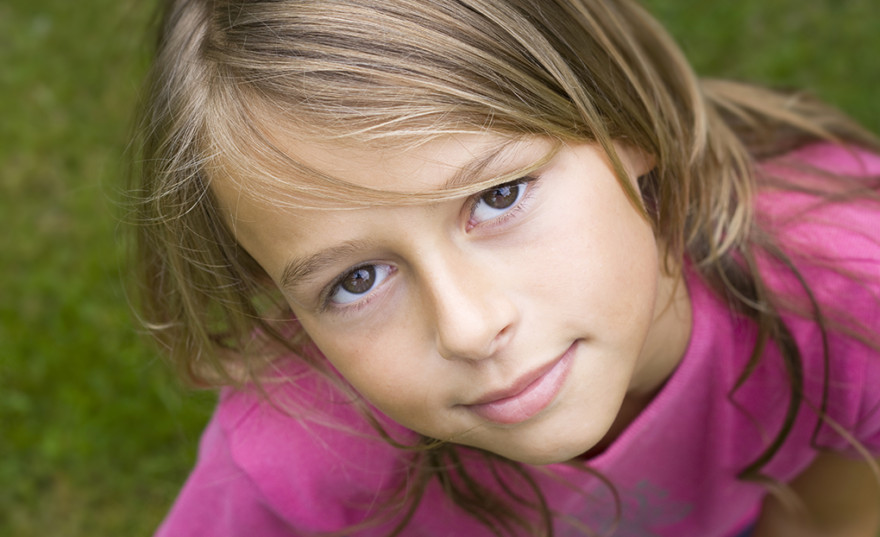Lisa Steemkamp and colleagues in The Netherlands and the USA have studied whether psychotic experiences are associated with childhood functional impairments, particularly regarding school performance. To do so, they assessed psychotic experiences in a cohort of >2,600 children (enrolled in the population-based Generation R Study) using self-reports on hallucinations at age 10 years. Then, they assessed school performance based on standardized national school test results at age 12 years.
After adjusting for sociodemographic characteristics, maternal and childhood intelligence (at age 6 years), and co-occurring psychopathology at age 10 years, they found that indeed, psychotic experiences were prospectively associated with poorer school performance scores. They also found an association specifically with poorer language and mathematics subscale scores. However, the effect sizes were relatively small, and the associations did not remain after adjusting for attention problems.
These findings suggest that psychotic experiences might be associated with childhood functional impairments. Steenkamp et al. thus propose that longitudinal studies further explore the relevance and nature of the relationship between psychotic experiences and school performance. The role of attention problems in this relationship also warrants further analysis.
Referring to
Steenkamp, L.R., Bolhuis, K., Blanken, L.M.E., Luijk, M.P.C.M., Hillegers, M.H.J., Kushner, S.A. & Tiemeier, H. (2020), . J. Child Psychol. Psychiatr. doi: 10.1111/jcpp.13281.
